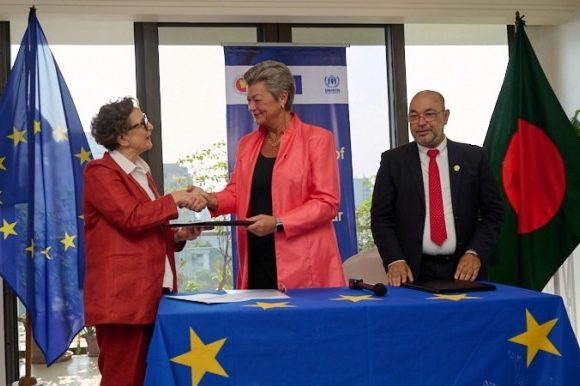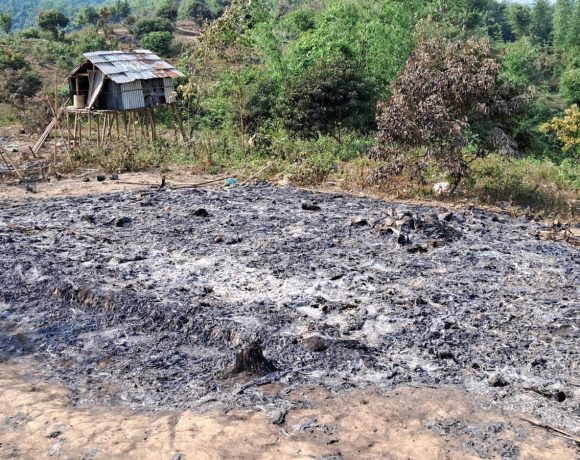Economists back Bangladesh Bank autonomy plan, warn reforms need political will

PARBATTA NEWS DESK
Leading economists have welcomed the interim government’s plan to grant full autonomy to Bangladesh Bank, reports Bangladesh Pratidin.
They cautioned, however, that reforms could remain largely symbolic unless political parties commit to implementing them once back in power, according to the newspaper.
Last week, the central bank’s board approved a proposal to amend the Bank Company Act, the main law governing commercial banks.
Bangladesh Pratidin said the board postponed further discussion on a separate draft amendment to the Bangladesh Bank Order (Amendment) 2025, the foundational law that established the institution.
The draft, prepared in line with International Monetary Fund (IMF) recommendations, contains wide-ranging governance changes, the report noted.
These include raising the governor’s status to that of a cabinet member and requiring the governor to take an oath before the Chief Justice.
It also proposes a new two-stage appointment process. Candidates would be shortlisted by a search committee, appointed by the President on the advice of the Prime Minister, and finally approved by parliament, Bangladesh Pratidin reported.
The paper said the board’s composition would also change, with the governor, two deputy governors nominated by the governor, and eight directors nominated by the government from a list submitted by the governor. No government official could be appointed directly, and no one could be added outside the approved list.
Professor Mustafizur Rahman, a distinguished fellow at the Center for Policy Dialogue (CPD), told Bangladesh Pratidin the proposals were a step forward in curbing political influence.
But he stressed that reforms would only succeed if there was genuine political will.
“If Bangladesh Bank works independently, it will strengthen the economy, which will also ease political pressures,” he said.
Rahman added that the appointment of the governor must be handled professionally and subjected to parliamentary oversight.
Selim Raihan, executive director of the South Asian Network on Economic Modeling (SANEM), told the newspaper that legal reform alone was not enough.
“Many commissions have had independence on paper, even constitutionally, but political influence rendered them ineffective,” he said.
Raihan insisted that parliamentary approval of the draft was crucial and called for wider reform of banking laws.
“Eliminating bureaucracy completely will not work – balance is needed,” he said.
Former Bangladesh Bank governor and economic adviser Salehuddin Ahmed also supported autonomy in principle but warned that independence must be matched by competence, Bangladesh Pratidin reported.
“Autonomy does not mean leaving everything unchecked. Nowhere in the world is there 100 percent independence,” he told reporters recently.
Ahmed said the interim government had already held talks with political parties, who broadly agreed to continue the reforms.
According to Bangladesh Pratidin, the government has said short-term reforms will be completed by February.
The paper reported that medium- and long-term measures would be left to the next elected government.
It added that the IMF’s $5.5 billion loan programme requires the draft to be approved by the advisory committee by September and an ordinance issued by December.














